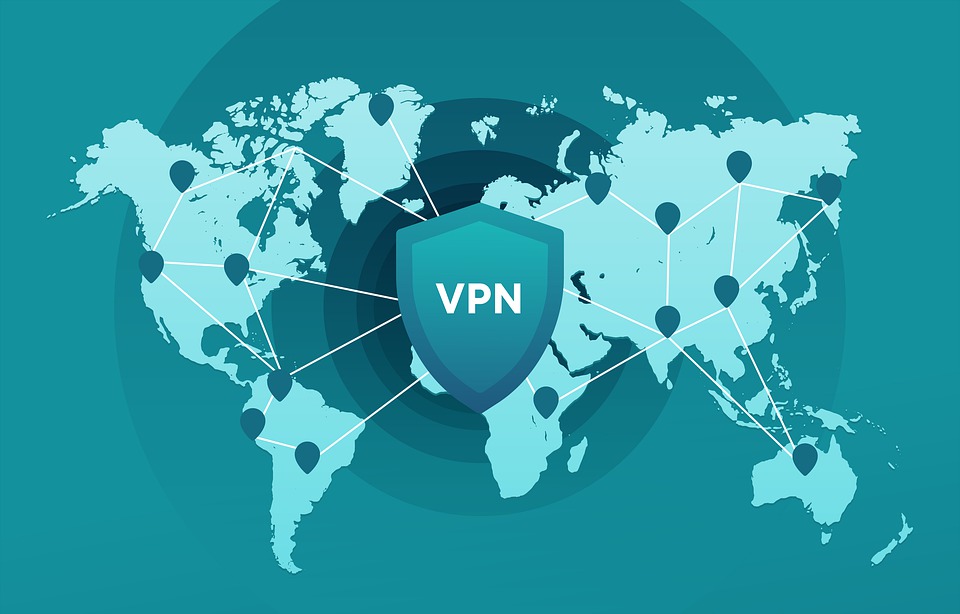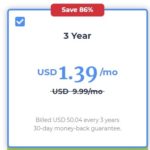The internet is a wonderful place to go and explore, but not everyone can get on it. It may be because they have no computer or internet access at all. Or maybe the content you want to see is restricted by your location. With a VPN, you never have to worry about that again!
A VPN allows anyone with a connection to the internet from anywhere in the world, including those who are traveling abroad or living in areas without high-speed connections, to enjoy unrestricted access online!

With so many benefits and the wide availability of reliable providers today, there has never been a better time than now for people around the globe to protect their privacy and unblock any site they want!
Table of Contents
10 Facts about VPN
If you have ever been interested in DIYing a VPN to save money, here are some facts about VPN that might surprise you.
VPN providers store your data
VPN providers promise their user’s anonymity and the highest levels of security when using their service, promising not to log any information they receive. Some companies even claim their servers don’t even retain connection logs, so no one can trace what people do online back to them!
But according to an investigation by Vice on HBO, some providers may actually turn out less secure than advertised; leading some experts to conclude big companies like Disney and Apple may be sharing less private info than they should with their competitors.
The safest thing to do would be to select a provider that has been around for a while and is known in the industry as one of the most trusted names.
A VPN is similar to an untraceable firewall
You may already know what a firewall does. It is software or hardware used by network administrators to prevent hackers from breaching their information systems.
The purpose of a VPN is quite similar – it keeps you safe when you are surfing through public WiFi hotspots with your smartphone or laptop, but instead of stopping attackers from getting into your computer, it stops anyone from tracking what websites you visit or if you download something online.
The oldest VPN protocol is PPTP
PPTP stands for Point-to-Point Tunneling Protocol. It was created by a company called Microsoft so people would have access to remote networks securely. It is now commonly used on PCs, but not recommended because it has some security issues that are easy to exploit.
Using a VPN does not guarantee complete anonymity
AVPN can help protect your personal information, but it does not mean that you are anonymous online. When using a good VPN with proper protection protocols, no one will be able to see the websites you visit or the content of your emails or chats with anyone else, which can be used against you in malicious ways.
But if you do something illegal, like download copyrighted material or disclose personal information online, the VPN provider can still hand over your information to an appropriate authority.
Even with a VPN, you may still be hacked
If you are having second thoughts about using a VPN because of this fact, you should know that simply using one does not make your computer more vulnerable!
The issue is whether YOUR computer has malware on it already when you connect to the internet – if it does, then there’s little point in getting a VPN since it won’t save you anyway.
Only use good antivirus software in addition to your VPN. And most importantly… keep both up-to-date!
A VPN can save you money on internet cost
A VPN provider may cost a few bucks per month but think of all the additional fees you would have to pay for a high-speed connection when traveling or living in areas where no one provides internet access.
VPN providers don’t charge much, and many of them offer free trials so you can test their services before committing to anything long term.
You can access blocked content
You can use a VPN to watch American Netflix from abroad – it is a fact! And because the service works by rerouting your traffic through servers run by the VPN provider that sit on foreign soil, there is no chance that regulators will be to detect that this is something you are doing (and punish you for it). Just make sure you subscribe to good services like NordVPN or Atlas VPN.
Save money on hotels and flights
You may have heard that booking your next hotel or vacation through certain sites won’t cost you much more than if you book direct. However, this is not always true – sometimes the prices offered by travel websites are higher than if booked directly with hotels or airlines!
A great way to get around the problem is to use a VPN while browsing these websites so that your private information stays safe and encrypted. Plus, using a VPN will save anyone living abroad money when shopping online because they’re making everything seem like they’re back home.
You may reach higher internet speed with a VPN
A good VPN will not only protect your online privacy and data but also increase download and upload speeds on any type of connection – wired or wireless.
In order to do that, a VPN has to route all your traffic through an encrypted tunnel, which means it gets a little lighter for the websites you visit because they don’t have to support as many users simultaneously as before!
30 countries have banned VPNs
Although some governments may fear that using a VPN service is illegal – after all, it helps people get around censorship – most places allow the use of them.
However, some countries like North Korea actually issue a warning about using a VPN to anyone who tries to gain access from within their borders – they have a reason to be afraid! But most of the countries that have banned VPNs are those where authoritarian regimes hold power.




